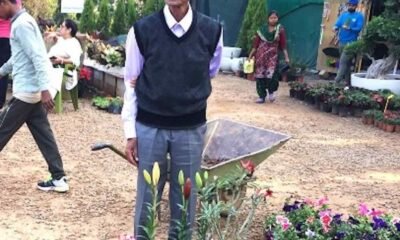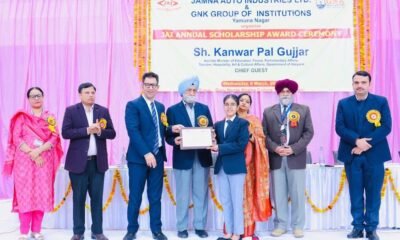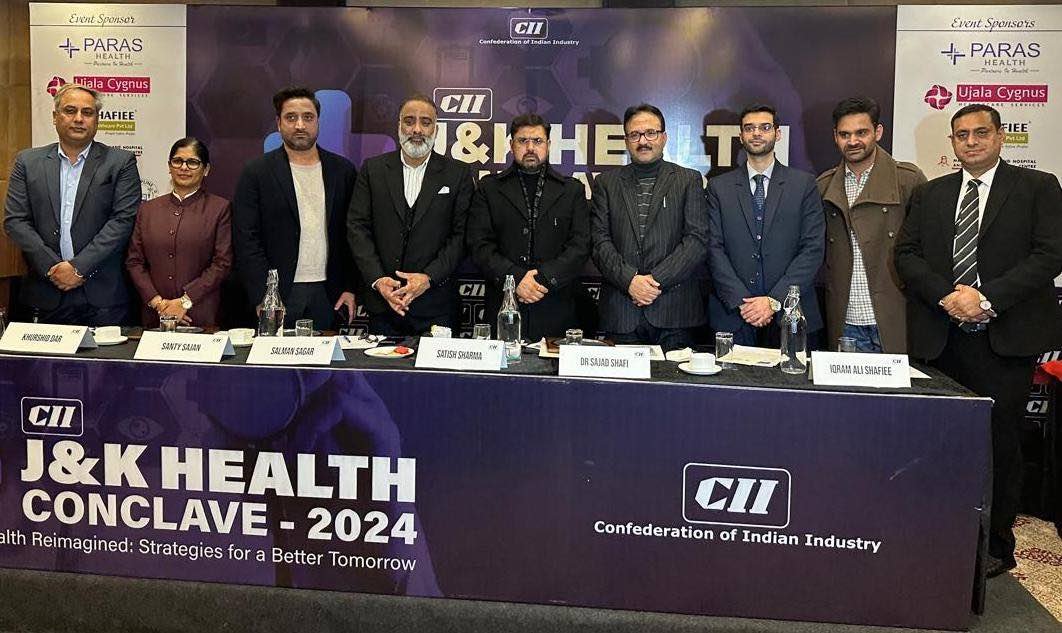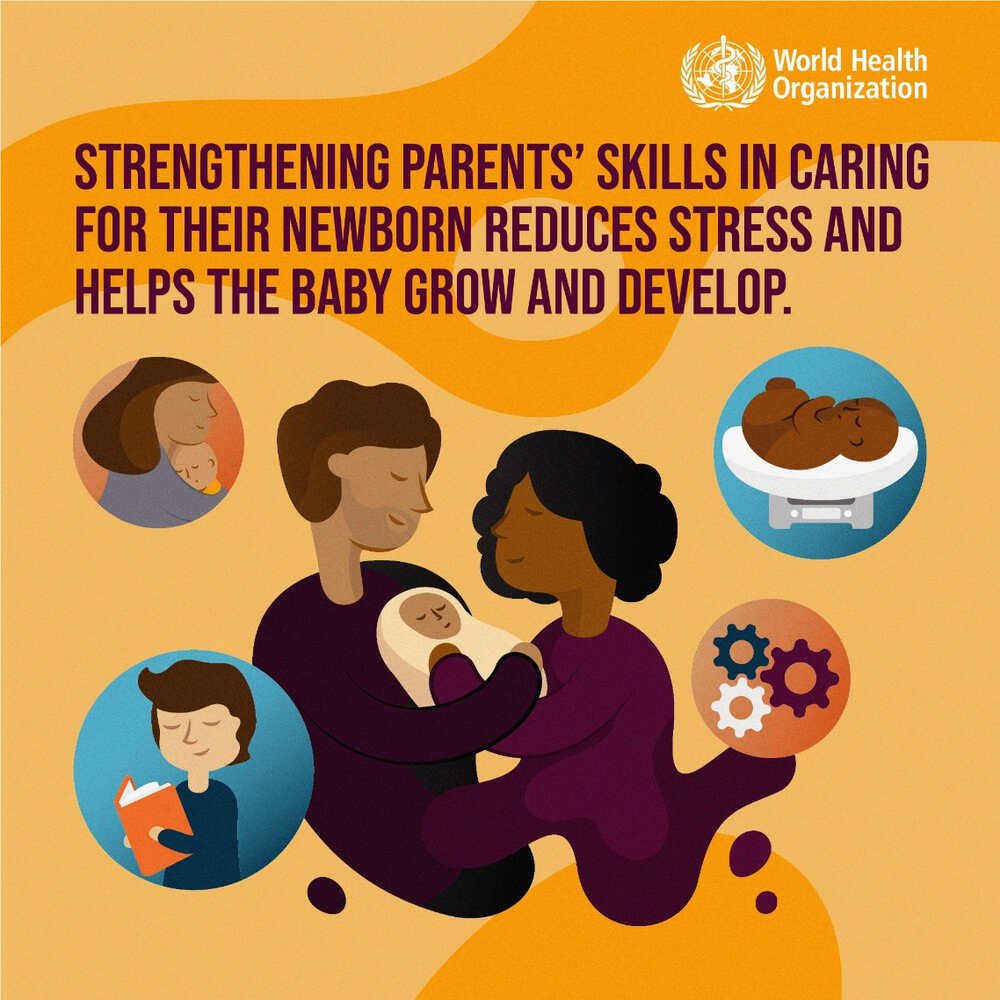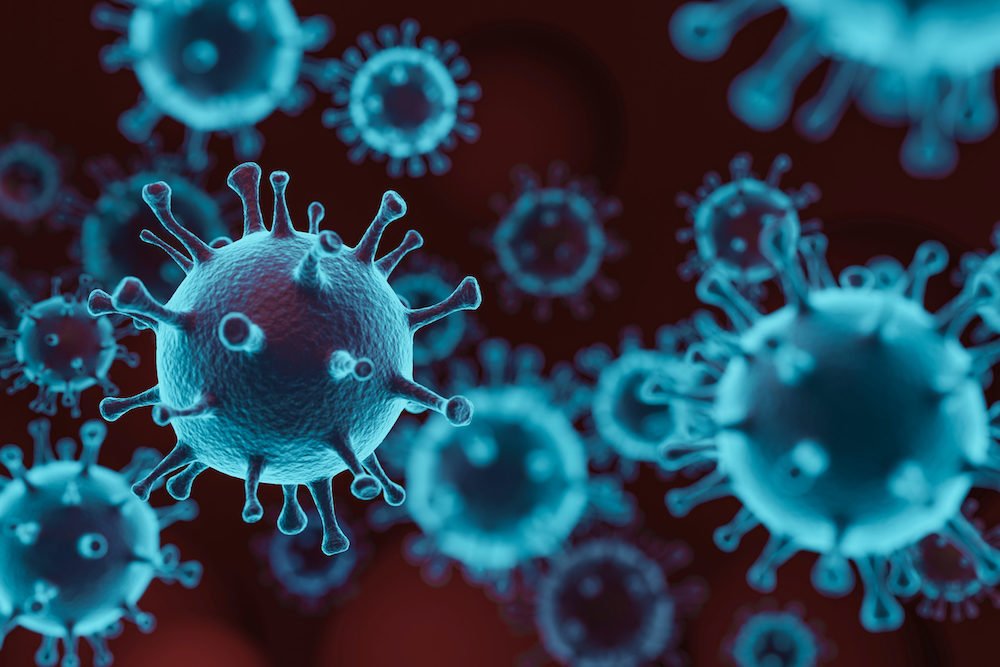LG, Union MoS Labour lay foundation stone of Rs 160-cr project
BK News
Srinagar, Dec 21: Lieutenant Governor Manoj Kumar Sinha and Union Minister of State (Independent Charge) for Labour and Employment, Santosh Kumar Gangwar Monday laid the foundation stone of 100-bedded ESIC (Employees’ State Insurance Corporation) Hospital at SIDCO Industrial Complex, Ompora, Budgam.
Constructed at a cost of Rs 160 crore, the hospital would be equipped with modern healthcare facilities and will have OPD, IPD, ICU, Wards, Diagnostic Laboratories, Operation Theater, Disaster management facilities, in addition to an independent sub-station. Surgery and Psychiatric departments would be established in which specialist doctors and well-trained staff will be made available round the clock.
Among others, Farooq Abdullah, Member of Parliament; Farooq Khan, Advisor to Lt Governor; BVR Subrahmanyam, Chief Secretary; Apurva Chandra, Secretary, Union Ministry of Labour and Employment; Anuradha Prasad, Director General ESIC; Saurabh Bhagat, Commissioner/Secretary to the Government, Labour and Employment Department J&K; Mohammad Harun, Managing Director, SIDCO; Ghulam Mohammad Dar, Executive Director, JKEDI; Shahbaz Ahmad Mirza, Deputy Commissioner, Budgam; workers; students and citizens of the area were present on the occasion, according to an official spokesperson.
Speaking on the occasion, the Lt Governor termed the occasion as yet another step to boost healthcare infrastructure in J&K.
“We are working to provide world-class health facilities at affordable prices to the people of the UT. My aim is to strengthen the preventive, primary and secondary health care ecosystem in J&K,” the Lt Governor said.
The LG said that the facilities in the hospital would be on the lines of those available in the hospital in Ahmedabad, and there is no cap placed on the expenses during the treatment, so that needy people are benefitted.
A time limit of two years has been set for completing the hospital with 23 specialties. “I want this hospital and the expansion of ‘Bari Brahmana’ hospital to be completed in the next One and a half years so that health facilities like Delhi-Mumbai can be provided to the beneficiaries in J&K,” he added.
He observed that there has been a new wave of development across Jammu and Kashmir. I am constantly meeting people, communicating, and every person talks about new opportunities, progress, social and economic advancement.
The Lt Governor said that there are more than 6000 Factories and Establishments in Jammu and Kashmir, under ESI Act and about One lakh 33 thousand insured people and their dependents are given benefits in Jammu Branch Office and five Other Dispensary-Branches at Kathua, Samba, Udhampur, Katra and Srinagar.
“Agreement has been made with many other Super Specialty Hospitals so that there is no lack of necessary health facilities”, he added.
While reiterating Government’s commitment for providing better healthcare facilities across J&K, he said that many progressive initiatives have been undertaken in the field of health sector to ensure best healthcare facilities being provided to the people.
The Prime Minister is going to launch SEHAT – Health Insurance scheme for the entire J&K, in convergence with Ayushman Bharat, to provide free of cost health coverage up to Rs 5 lakhs per household per year without any discrimination, he maintained.
The Lt Governor said that about 1 crore residents of J&K who were not eligible under Ayushman Bharat scheme will also be provided insurance cover under the SEHAT Health Insurance Scheme.
Similarly, the World Bank has agreed to provide financial assistance to the extent of Rs 367 crore to the UT of Jammu and Kashmir for strengthening the healthcare institutions to provide better services to the people and to tackle the global COVID19 pandemic more effectively. This project includes equipment for hospitals, strengthening of Intensive Care Units, Operation Theatres, Laboratories and Critical Care Ambulances, he observed.
In order to streamline the supply of Oxygen in Health care institutions in J&K and to reduce the dependence on the system of storing and supply of oxygen, we have approved the installation of oxygen generation plants in all tertiary care hospitals, district hospitals and other major hospitals, thereby increasing the oxygen availability pool for which Rs 227 crore have already been earmarked, said the Lt Governor.
Maternal and infant health indicators in Jammu and Kashmir have recorded improvements as per the report of the National Family Health Survey. The report states that in Jammu and Kashmir, there has been a decrease of 22 numbers in neonatal morbidities and a decrease of 16 numbers in infant mortality, he added.
To provide immediate relief to the workers of the unorganized sector during COVID pandemic, more than 90 thousand people have been registered in Mission Mode and cards of more than 25,000 workers were renewed.
As on date, the number of registered workers has reached 2.86 lakh and not only this, 696 Transport workers who were facing hardships due to Corona pandemic are being given Rs 1000 as relief every month under the Economic Revival Package and under COVID relief and assistance, Rs 63 crore has been provided to about 1.66 lakh beneficiaries. At the same time, under the PM Shram Yogi Maan-Dhan, nearly 1 lakh people from the unorganized sector have been registered and Jammu and Kashmir has become the first UT in the country to do so, he added.
On the occasion, the Lt Governor observed that a national-level job fair in both Jammu and Srinagar would be held so that our Skilled and Educated youth can be provided with job opportunities in corporate entities.
The Lt Governor also expressed desire to establish Labour Sarai for the Labourers who often get struck on highways while travelling during landslides and snowfall.
Union Minister of State (Independent Charge) for Labour and Employment, Santosh Kumar Gangwar, while speaking on the occasion, said that the Central Government is very keen to ensure peace, prosperity and development in J&K. He said that the government has taken various milestone steps for the welfare and progress of labour class to uplift their socio-economic conditions. By establishing Labour Courts and Laws, workers have been provided with a lot of relief, he added. Regarding completion of construction work of ESIC hospital at Budgam, the Union Minister said that the hospital will come up with the State of Art medical facilities and cater to the medical needs of insured persons and beneficiaries in the catchment area. 50 bedded ESIC Hospital at Bari Brahmana would be upgraded to 100-bedded hospital for which additional land has been identified, he added.
The Union Minister assured all possible support to the UT government for welfare and prosperity of the people of J&K.
Later, cheques worth Rs 6.37 crore were distributed as financial assistance among 6,444 construction workers and beneficiaries of self-employment scheme by the Lt Governor and Union Minister for Labour and Employment.

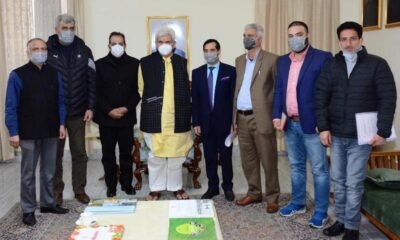

 Industry4 years ago
Industry4 years ago


 Economy2 years ago
Economy2 years ago
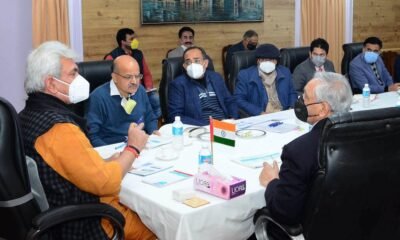

 Energy4 years ago
Energy4 years ago


 Infra4 years ago
Infra4 years ago
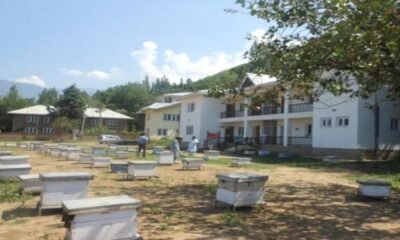

 AgriBiz4 years ago
AgriBiz4 years ago
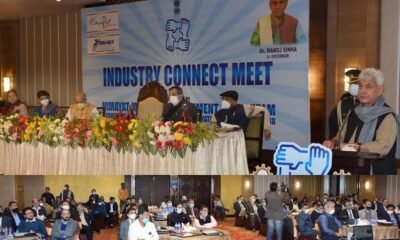

 Jobs5 years ago
Jobs5 years ago
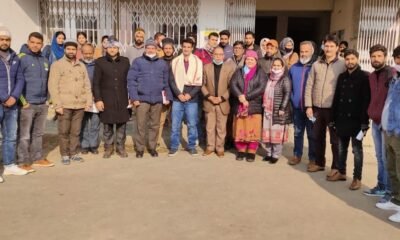

 Careers5 years ago
Careers5 years ago
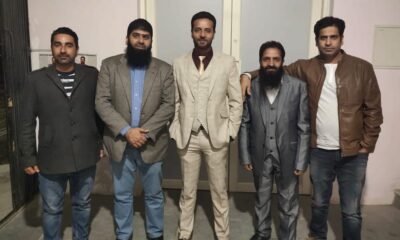

 Industry5 years ago
Industry5 years ago










